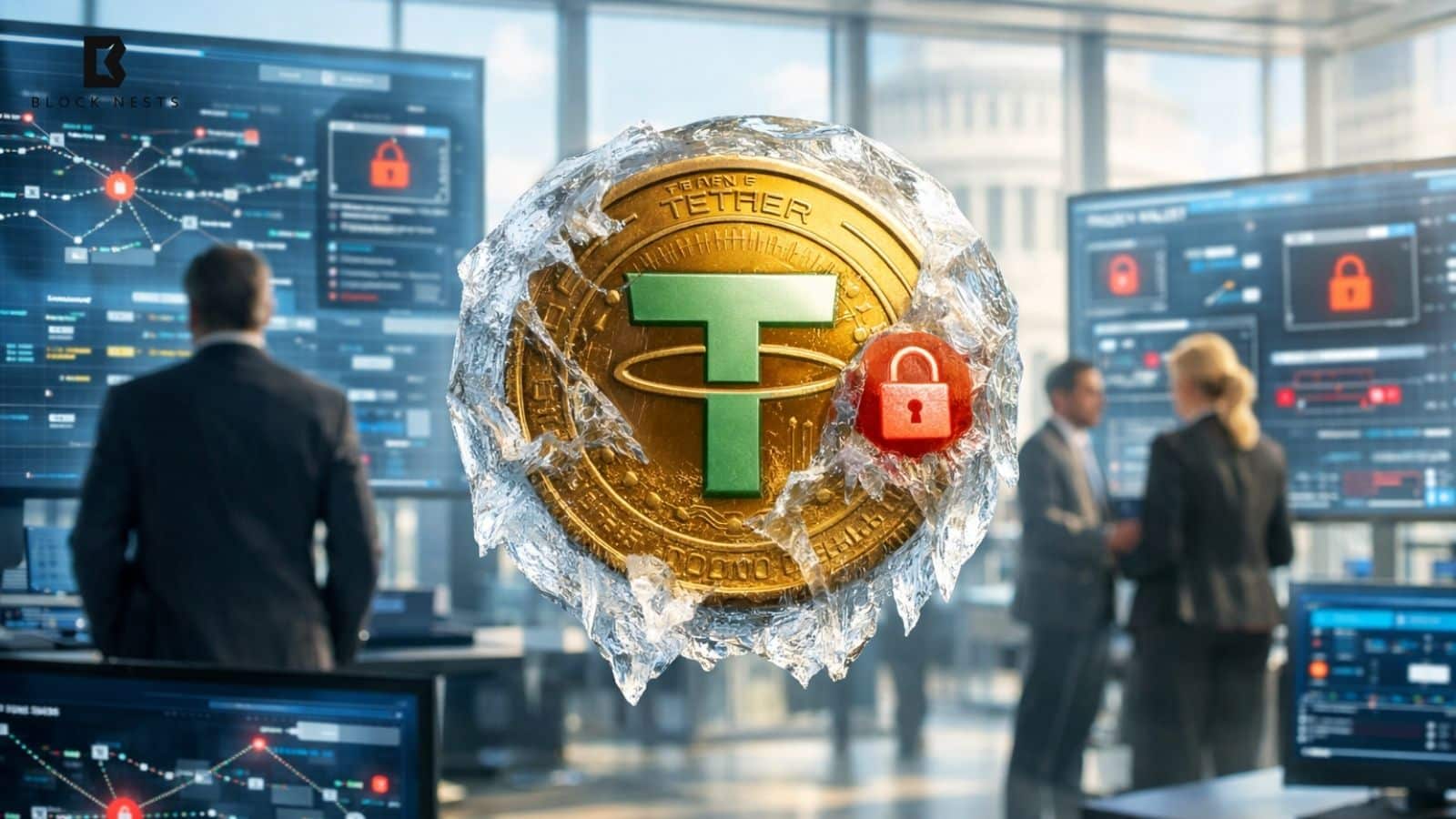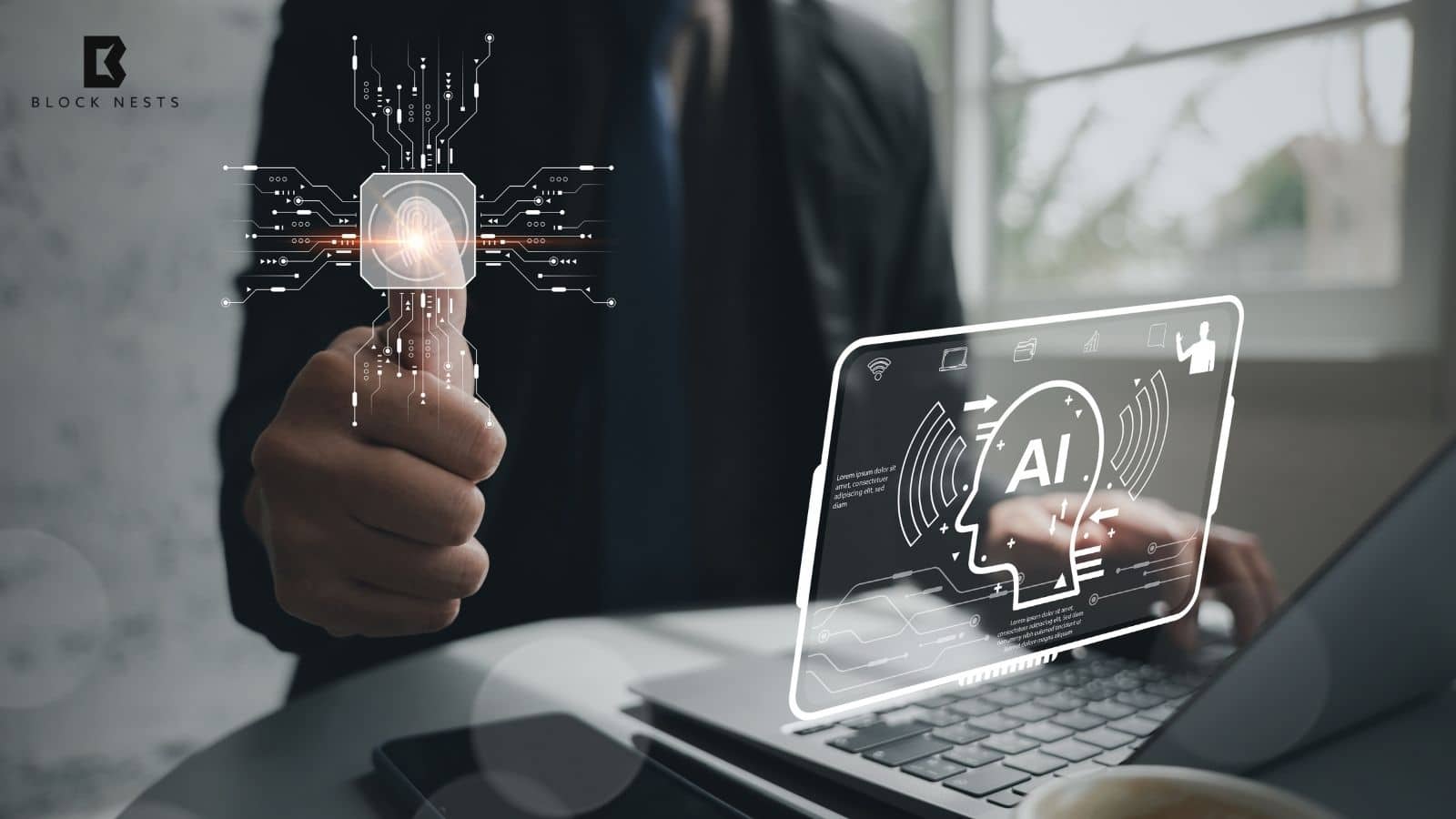- Rex Shares files for ETH and SOL staking ETFs with the SEC.
- Funds use a different legal structure to avoid complex approvals.
- ETFs offer exposure to crypto and staking rewards.
Rex Shares has taken a bold step in the crypto investment space. The firm filed an effective prospectus with the U.S. Securities and Exchange Commission (SEC) for two unique staking exchange-traded funds (ETFs).
🚨BREAKING: @REXShares has filed an effective prospectus for Ethereum and Solana staking ETFs in the U.S., structured as 40-Act funds using C-corp entities and Cayman subs for exposure, bypassing the 19b-4 process.
— SolanaFloor (@SolanaFloor) May 30, 2025
According to Bloomberg's @JSeyff, this is “a bunch of clever… pic.twitter.com/z3PiZJvmna
The focus of the funds is on Ethereum (ETH) and Solana (SOL), two of the biggest blockchain assets. The ETFs are set to trade on Nasdaq with the tickers ESK and SSK, respectively. More specifically, their fund structure is what makes them unique.
Unlike many other crypto ETFs that are based on a spot price, these fall under the Investment Company Act of 1940. That gives Rex Shares the right to bypass the typical 19b-4 filing process. That step usually lags new crypto products because of regulatory hurdles.
Using this legal framework, the company can operate more efficiently. This formality allows it to accelerate while complying with already established regulations. The ETFs provide access to ETH and SOL and also generate yields through staking. Thus, they are differentiated from conventional ETFs that merely replicate price movements.
Staking at the Heart of New Crypto ETFs
The basic strategy for both of the ETFs calls for at least 50% of their cryptocurrency assets to be placed in staking. Staking, in this case, refers to the locking up of tokens that help govern the blockchain. In turn, the staker is rewarded with yields. For ETH and SOL, this could mean passive income for investors.
Rex Shares manages its assets through subsidiaries in the Cayman Islands. Crypto funds typically do that. It offers some flexibility and helps to sidestep certain U.S. regulations. But the tax treatment is unique.
The ETFs would be taxed as C-corporations. A conventional ETF would typically avoid this because it invests in a much wider variety of assets. The tax structure does vary because these funds invest primarily in cryptocurrency.
The annual expense ratio for the ETH ETF is 1.28%. For the SOL fund, it will be 1.40%. Both these fees have a management component of 0.75%, which is also an estimated tax liability. The costs are relatively higher compared to some ETFs, but the potential returns from staking could make up for them.
Yield-Seeking Crypto Funds on the Horizon
Investors need to be aware of risks. These include liquidity issues, changing regulations, and price fluctuations in the cryptocurrency market. The funds are meant to operate more like traditional ETFs but also rely on cash creations and redemptions. Market makers will help ensure smooth operations.
The ETFs aren’t trading yet even though the SEC approved the prospectus. A launch is pending on technical and operational readiness. Experts say trading could begin within weeks if everything works out.
This filing shows increasing attention to crypto products that offer yield. If their plan succeeds, the ETFs could provide investors with a novel approach to accessing blockchain technology instead of via direct asset ownership.
Related Reading: Bitcoin Push: Méliuz Plans $78.6M Share Offering to Grow Crypto Reserves
How would you rate your experience?






